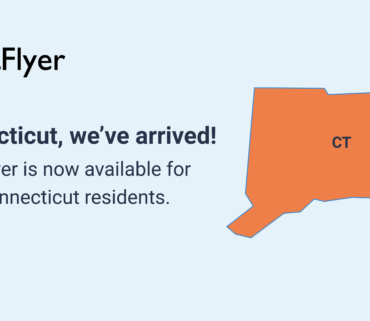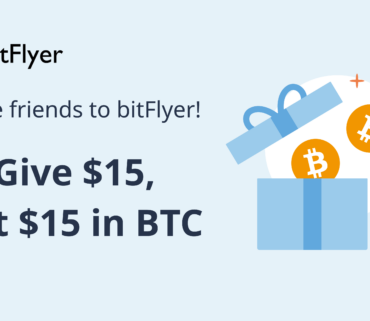
What you should know about bitcoin wallets.

Before diving into the bitcoin wallets, it’s a good idea to have a basic grasp on what bitcoin is. You understand what bitcoin is? Please read on.
When society transitioned from a barter economy and into a monetary one, money, precious metals, and gems held a predetermined value that is still (to this day) used in the exchange of goods and services. And throughout time this money carried with it the option to be stored in a satchel, purse, or wallet. The same goes for bitcoin; bitcoin can also be stored in a bitcoin wallet.
What is a bitcoin wallet?
Bitcoin wallets are used to store bitcoin. And a bitcoin wallet does more than just store currency and dusty old receipts. It’s a one-stop location for sending, storing, and saving bitcoin.
Bitcoin transactions require a public bitcoin address for facilitation and verification purposes. These address(es) (and the private key(s) paired with them) are long strings of seemingly random letters and numbers
(e.g. 1C6B2H5pUxqJL4uJjet2XF2QNfbxP5VCkn might be your bitcoin public address and 5Hqr3s9S9rEZtHSb37NZCKzRFiDgUWGFHU7nLVvi8pyNNb5HCjs may be your private key for that address).
Think of your public bitcoin address like an email address. A public bitcoin address is what lets people, companies, and other institutions know the location where your bitcoin is being sent and received. Your bitcoin wallet conveniently stores the address(es), the private key(s), and the accompanying bitcoin.
Think of your private bitcoin address like a password. You should never tell anyone your seed, private key. It is the key used to send the bitcoins associated with the corresponding public address.
Types of bitcoin wallets.

There are four main types of digital wallets and a fifth, non-digital option.
Mobile (smartphone) bitcoin wallet.
A mobile wallet is essentially an application on your mobile device that manages your bitcoin. As traditional, fiat currency becomes smarter with quick payment options using your phone, this is the ultimate mobility option for bitcoin as well.
Web (“online” or “digital”) bitcoin wallet.
Online wallets store your bitcoin on the internet. Like any financial transactions conducted online, an internet connection is required to access and conduct bitcoin transactions.
Hardware bitcoin wallet.
Hardware bitcoin wallets are mobile, external means for storing bitcoin that can be conveniently connected and disconnected to the internet, or physically at a retailer whenever a bitcoin transaction needs to occur. These wallets look like USB drives (or small external hard drives) that combine the wallet software with secure properties provided by physical hardware.
Desktop (“advanced” or computer-based) bitcoin wallet.
A bitcoin wallet can even be stored on your laptop or desktop computer. The computer usually needs to run software that connects to the Bitcoin network (that enables the computer to verify bitcoin transactions). This setup can be used as a bitcoin wallet.
Paper bitcoin wallet.
This is an offline method for storing bitcoin. Creating a paper wallet usually require a lot of work to initially set it up and once ready to spend, eventually redeem, however once completed, many people use paper bitcoin wallets for saving bitcoin long term.
Get your wallet fully setup and you’ll be ready to buy and sell with bitcoin in no time!
Need further guidance on how to use bitcoin?
Our framework for how to use bitcoin should help fill in the blanks.
How to get bitcoin.
You will need to acquire bitcoin through a safe, secure, and licensed virtual currency exchange. Learn more about bitFlyer’s virtual currency exchange.







